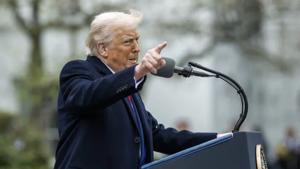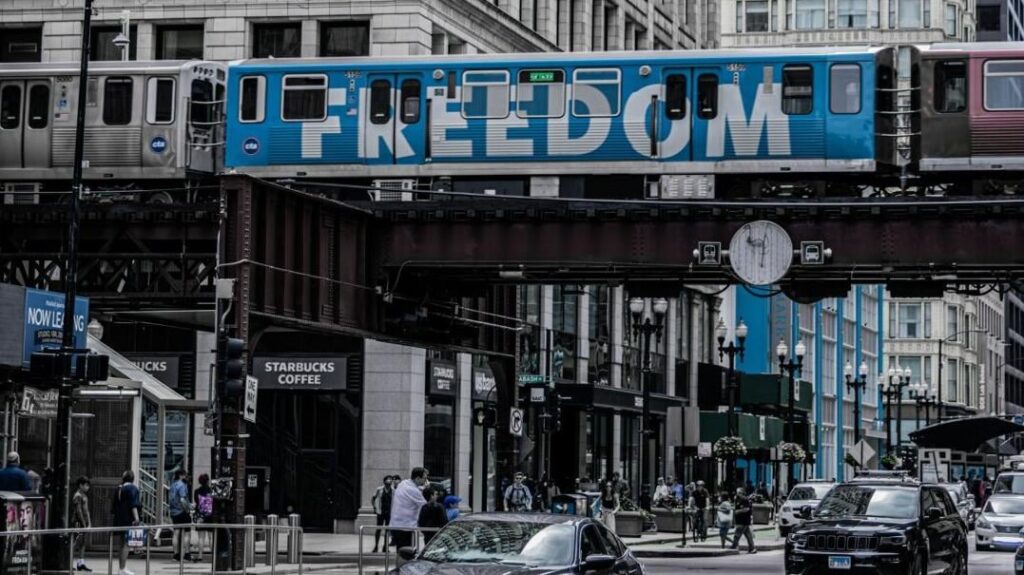Trump confirms Nvidia chip agreement
Nvidia will pay the United States 15% of the money it makes from selling artificial intelligence chips to China, President Donald Trump said in a press conference on Monday.
Trump said he allowed Nvidia CEO Jensen Huang to sell H20 chips to China while the company provides the U.S. government with a kickback of the profits.
“The H20 is obsolete,” Trump said. “So we negotiate a little deal so he’s, essentially, selling an old chip,” Trump added, referring to Huang.
Trump said he initially asked for a 20% cut from sales of Nvidia’s chips but the two landed on 15%.
In April, Trump banned Nvidia from selling H20 chips to China. The administration later reversed the ban in July.
A coalition of democratic lawmakers, including Sen. Chuck Schumer, D-N.Y., criticized the administration’s July reversal.
“Limiting the PRC’s access to advanced compute has been a focus of Congress: one with a strong bipartisan commitment across both chambers and both parties,” The letter read.
“The PRC’s development of advanced AI capabilities represents a clear risk to the United States’ national and economic security, and the administration’s willingness to trade away that security is extremely troubling,” the letter continued.
Latest News Stories
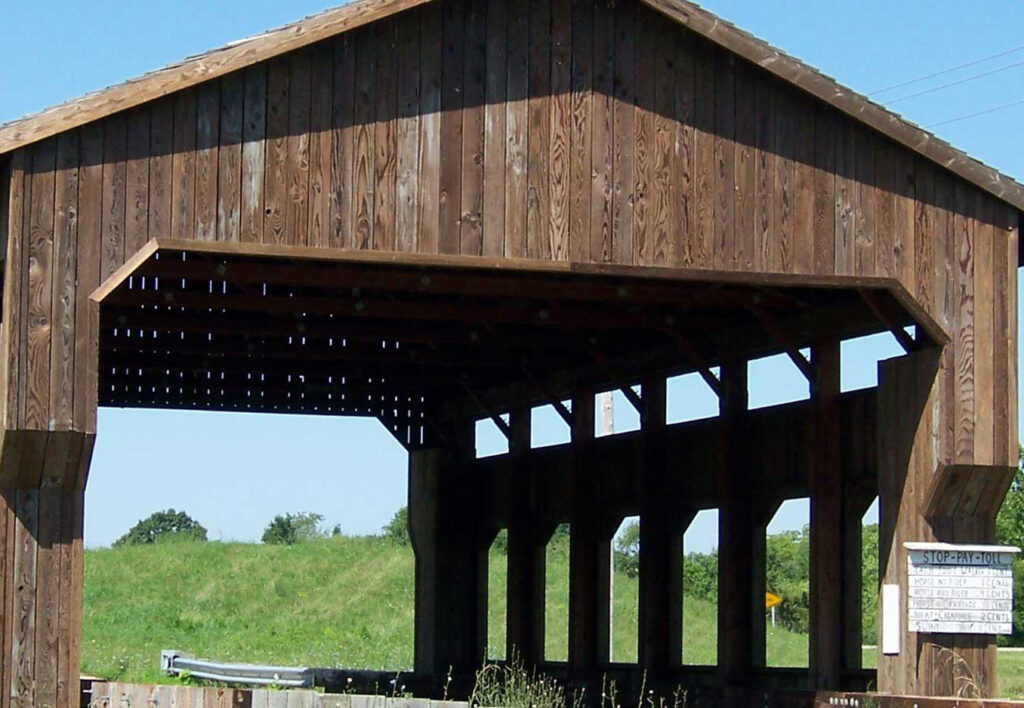
Clark County to Participate in National Opioid Settlement
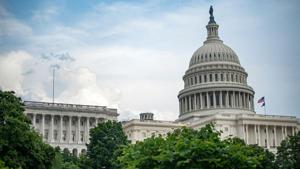
Everyday Economics: Government shutdown clouds economic picture
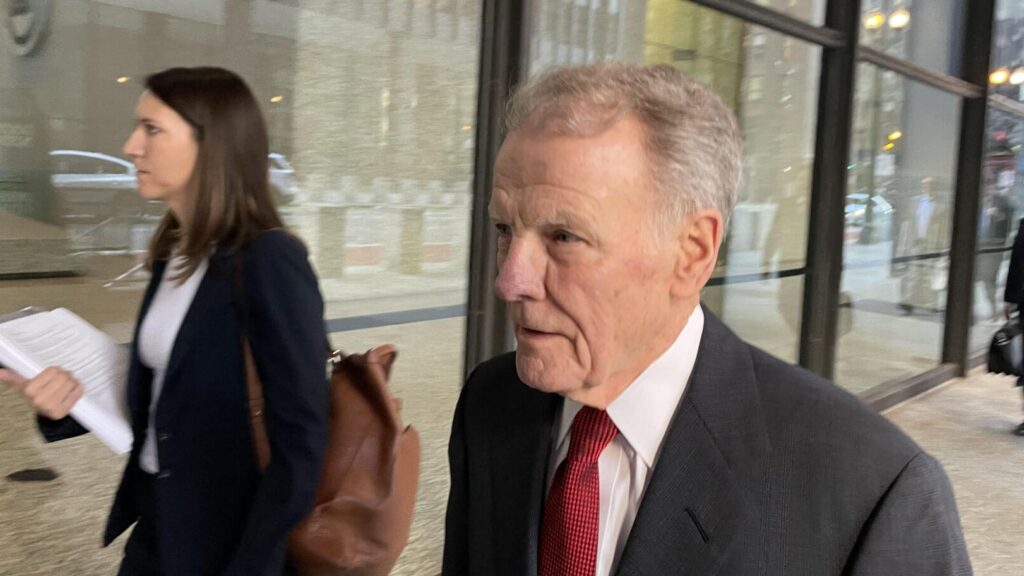
Illinois quick hits: Trump deploys Illinois Nartional Guard; Madigan to report to prison
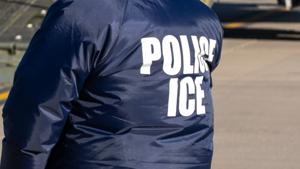
Trump deploys California National Guard to Portland

Peace on the line two years after Oct. 7 attacks
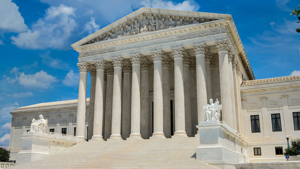
U.S. Supreme Court looks to start consequential new term
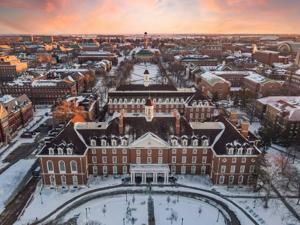
U of I scrutinized over perceived preference for international students
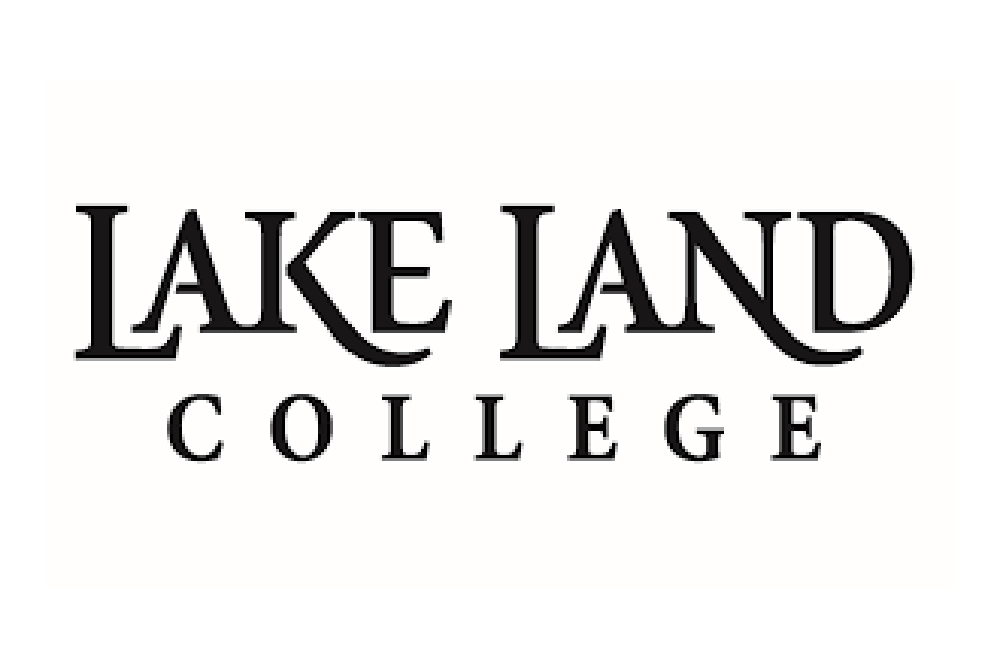
Lake Land College one of 10 national recipients of the Association of Community College Trustees (ACCT) Scaling Apprenticeship grant
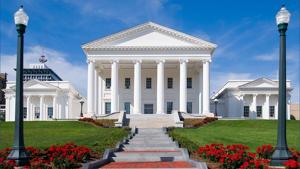
Youngkin, Johnson call for AG candidate to withdraw after violent texts emerge
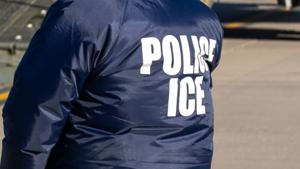
ICE agents shoot armed woman in suburban Chicago during attack
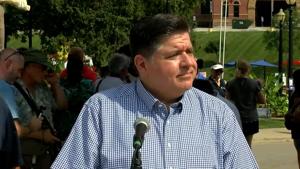
Pritzker: Trump to federalize Illinois National Guard
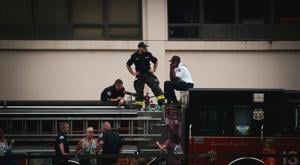
City taxpayer burden swells, as Chicago pension debt rises

